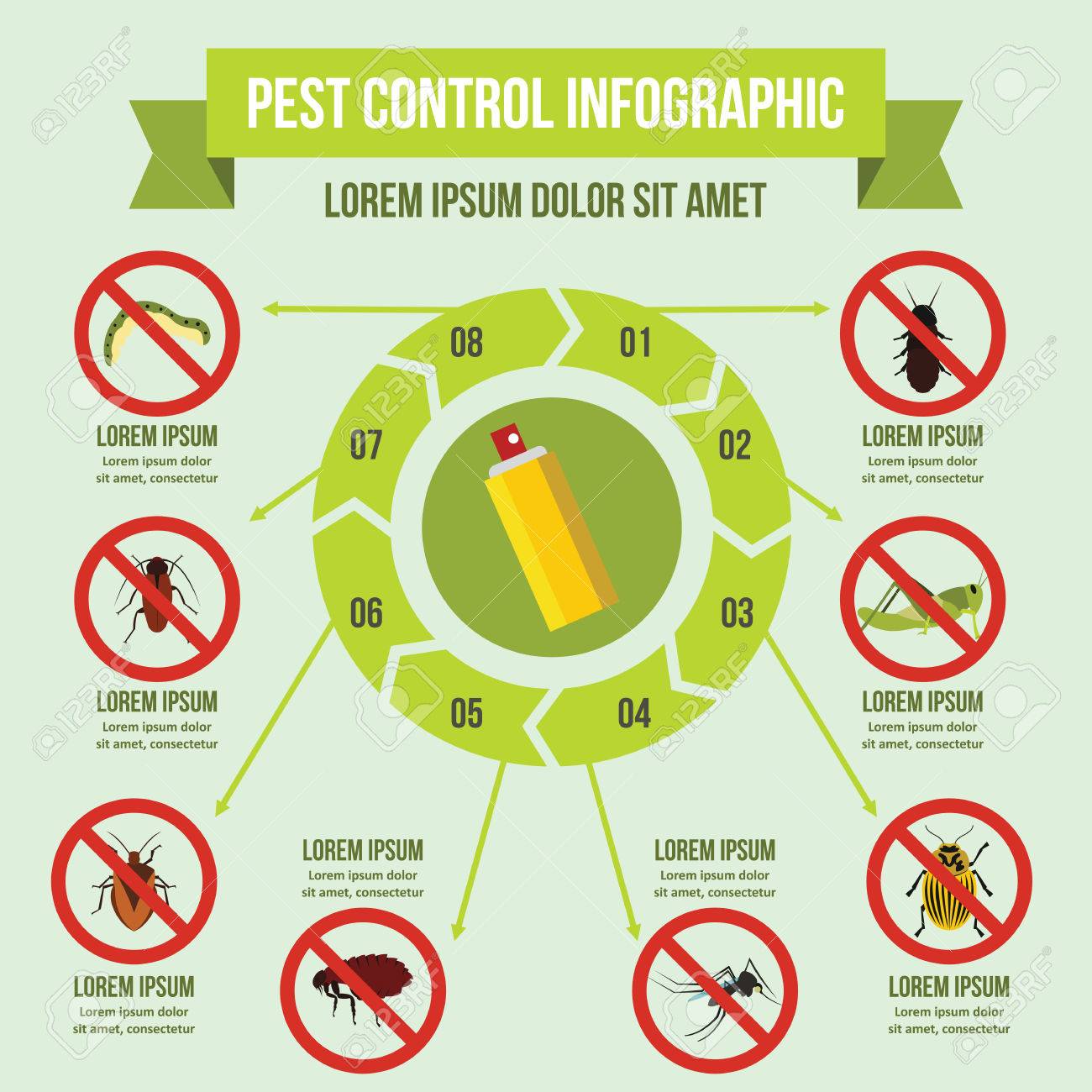The Function Of Bug Control In Food Security And Hygiene
The Function Of Bug Control In Food Security And Hygiene
Blog Article
Published By-Duggan Malmberg
Are you knowledgeable about the surprise risks that parasites posture to the safety and security and health of your food? From rats to bugs, these undesirable visitors can contaminate your ingredients, surface areas, and storage areas.
This post discovers the essential function of bug control in maintaining the greatest criteria of food safety and health. Discover reliable approaches and avoidance procedures that will assist you shield your business, consumers, and reputation.
Do not allow parasites endanger the top quality of your food.
The Influence of Pests on Food Safety And Security and Health
In your cooking area, insects can have a significant effect on food security and hygiene. These undesirable visitors, such as rats, bugs, and roaches, can infect your food, surface areas, and utensils with hazardous germs, viruses, and parasites. They can quickly access your kitchen, cupboards, and even your refrigerator, leaving droppings, pee, and hair.
Not just can they ruin your food by eating via packaging, but they can additionally spread conditions like Salmonella, E.coli, and Listeria. Picture preparing a meal for your family, uninformed that the active ingredients you're making use of are already polluted.
It's critical to take prompt activity to stop and manage insects in your kitchen area. Normal cleaning, appropriate food storage space, and professional parasite control measures are vital to guarantee food safety and security and preserve a hygienic atmosphere in your kitchen area.
Effective Pest Control Techniques for the Food Industry
Executing efficient insect control techniques is important for keeping food security and health in the food sector. By implementing these approaches, you can stop bugs from contaminating the food and ensure that your items are secure for consumption.
One effective technique is to routinely examine and monitor your center for indications of insect activity. This consists of monitoring for droppings, nests, or any kind of damages caused by insects.
It's additionally essential to secure all entrance points to protect against insects from going into the facility. Regular cleansing and hygiene are essential, as insects are brought in to food deposit and spills.
In addition, correct waste management is important to prevent the accumulation of food waste that can bring in insects.
Keeping Hygiene Standards With Bug Prevention Steps
To preserve health standards, you have to routinely execute parasite prevention measures. By taking proactive actions to avoid parasites from entering your food establishment, you can make certain the safety and security and sanitation of your properties. Here are some efficient parasite prevention measures to consider:
- Seal all splits and holes: Pests can go into through also the tiniest openings. Consistently evaluate and secure Pesticide regulations of gaps in doors, home windows, walls, and floorings to maintain parasites out.
- Proper waste monitoring: Deal with food waste without delay and firmly in sealed containers. This will certainly reduce the tourist attraction of parasites and avoid invasions.
- Normal cleansing and sterilizing: Preserving tidiness in your establishment is critical. Consistently tidy and sanitize all areas, paying unique focus to areas where insects may conceal or breed.
- Apply a surveillance system: Routinely evaluate your premises for signs of bug task. Install bug tracking gadgets, such as catches or sensors, to identify and deal with any possible concerns early on.
Conclusion
So keep in mind, when it comes to food security and hygiene, pest control plays a critical function.
By applying efficient pest control methods and safety nets, we can make sure the greatest standards of cleanliness and security in the food industry.
Exclusion techniques let parasites jeopardize the top quality of our food; let's stand together and protect our wellness and health.
